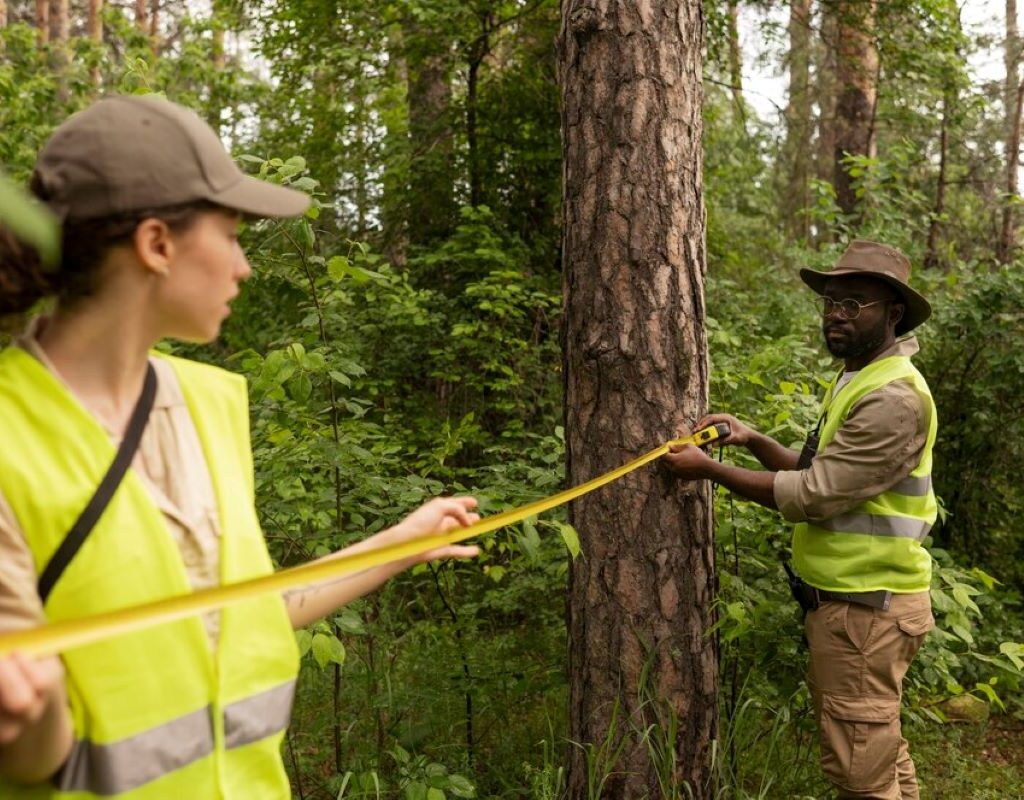When it comes to maintaining the health and aesthetics of your trees, professional arborist services in Sydney are indispensable. Whether you’re a homeowner, a developer, or a council representative, understanding the range of arboricultural services available can help you make informed decisions. This article delves into the various aspects of arborist services, including their importance, the types of reports required for development applications, and how to choose the right arborist for your needs.
Understanding Arborist Services
Arborists are trained professionals who specialise in the care and management of trees. Their expertise encompasses a broad range of services aimed at ensuring the health and longevity of trees. From tree pruning and removal to health assessments and risk evaluations, arborists play a crucial role in urban forestry management.
In Sydney, the demand for arborist services Sydney residents rely on has grown significantly due to urban development and increasing environmental concerns. As cities expand, the preservation of existing trees becomes essential—not only for aesthetic value but also for maintaining ecological balance. Arborists help bridge the gap between development and conservation, ensuring that trees are protected and managed responsibly during construction and growth processes.
The Role of Arborists in Urban Development
As urban areas continue to develop, the role of arborists becomes increasingly critical. Councils often require arborist reports as part of the Development Application (DA) process. These reports provide essential insights into how proposed developments may impact existing trees on-site, in the nature strip, and on neighbouring properties.
An Arboricultural Impact Assessment (AIA) is a detailed report that outlines the potential effects of a development on trees. It assesses factors such as tree health, species, and location, providing recommendations to mitigate any adverse impacts. This assessment is crucial for ensuring compliance with local regulations and for safeguarding the urban canopy.
Types of Arborist Reports
There are several types of arborist reports that may be required during the development process. Understanding these can help you navigate the complexities of tree management in relation to construction:
- Tree Protection Plans (TPP): These plans outline measures to protect trees during construction activities. They specify buffer zones, protective barriers, and maintenance requirements to ensure tree health is preserved.
- Tree Risk Assessments: These assessments evaluate the risk posed by trees to people and property. They identify potential hazards, such as dead branches or unstable root systems, and recommend appropriate action.
- Tree Health Assessments: These reports focus on the overall health of trees, identifying diseases, pest infestations, or environmental stressors that may affect their vitality.
Why Arborist Reports Are Essential
Arborist reports are not just bureaucratic necessities; they serve several important functions in urban planning and tree management. Here are a few reasons why these reports are essential:
Compliance with Local Regulations
Local councils in Sydney have specific regulations regarding tree preservation and management. Arborist reports ensure that developers comply with these regulations, helping to avoid potential fines or project delays. By providing detailed assessments, these reports demonstrate a commitment to responsible development practices.
Environmental Impact Mitigation
Urban development can have significant environmental consequences, particularly concerning tree loss. Arborist reports help identify trees that should be preserved and outline strategies to mitigate the impact of development on the surrounding ecosystem. This proactive approach is vital for maintaining biodiversity and promoting sustainable urban environments.
Enhancing Property Value
Well-maintained trees can significantly enhance the aesthetic appeal and value of a property. Arborist reports can guide property owners on how to care for their trees, ensuring they remain healthy and vibrant. This not only benefits the property owner but also contributes to the overall beauty of the neighbourhood.
Choosing the Right Arborist in Sydney
Finding the right arborist is crucial for ensuring high-quality tree care and management. Here are some tips to help you select a qualified professional:
Check Qualifications and Experience
Look for arborists who hold relevant qualifications, such as a degree in arboriculture or horticulture. Experience in the field is equally important; seasoned arborists will have a better understanding of local tree species and environmental conditions. Don’t hesitate to ask for references or case studies of previous work.
Assess Services Offered
Not all arborists offer the same range of services. Some may specialise in tree removal, while others focus on tree health assessments or risk evaluations. Ensure that the arborist you choose can provide the specific services you require, whether it’s for a residential property or a larger development project.
Read Reviews and Testimonials
Online reviews and testimonials can provide valuable insights into an arborist’s reputation and quality of service. Look for feedback from previous clients to gauge their satisfaction levels. Positive reviews often indicate a reliable and professional service. Click here to get more about Consulting Arborist Sydney.
The Process of Obtaining Arborist Services
Engaging an arborist typically involves several steps, from initial consultation to the completion of required reports. Here’s a brief overview of the process:
Initial Consultation
The first step is to arrange an initial consultation with the arborist. During this meeting, you can discuss your specific needs, whether it’s for a development project or general tree care. The arborist will assess the site and provide recommendations based on their findings. You may like to visit https://www.planning.nsw.gov.au/policy-and-legislation/urban-greening/benefits-of-greening/tree-care-tips to get more tips for tree care.
Report Preparation
If arborist reports are required, the arborist will prepare the necessary documentation, such as an Arboricultural Impact Assessment or Tree Protection Plan. This process may involve site visits, tree surveys, and consultations with local councils to ensure compliance with regulations.

Implementation of Recommendations
Once the reports are completed, the arborist will provide recommendations for tree management or protection. This may include pruning, removal, or the establishment of protective measures during construction. Following these recommendations is crucial for maintaining tree health and ensuring compliance with local regulations.
Conclusion
In Sydney, arborist services are essential for anyone involved in property development or tree management. From providing crucial reports for development applications to ensuring the health and safety of trees, arborists play a vital role in urban forestry. By understanding the importance of these services and how to choose the right professional, you can contribute to the sustainable management of Sydney’s green spaces.
Whether you’re a homeowner looking to enhance your property or a developer navigating the complexities of urban planning, engaging a qualified arborist will ensure that your trees are well cared for and protected.




































